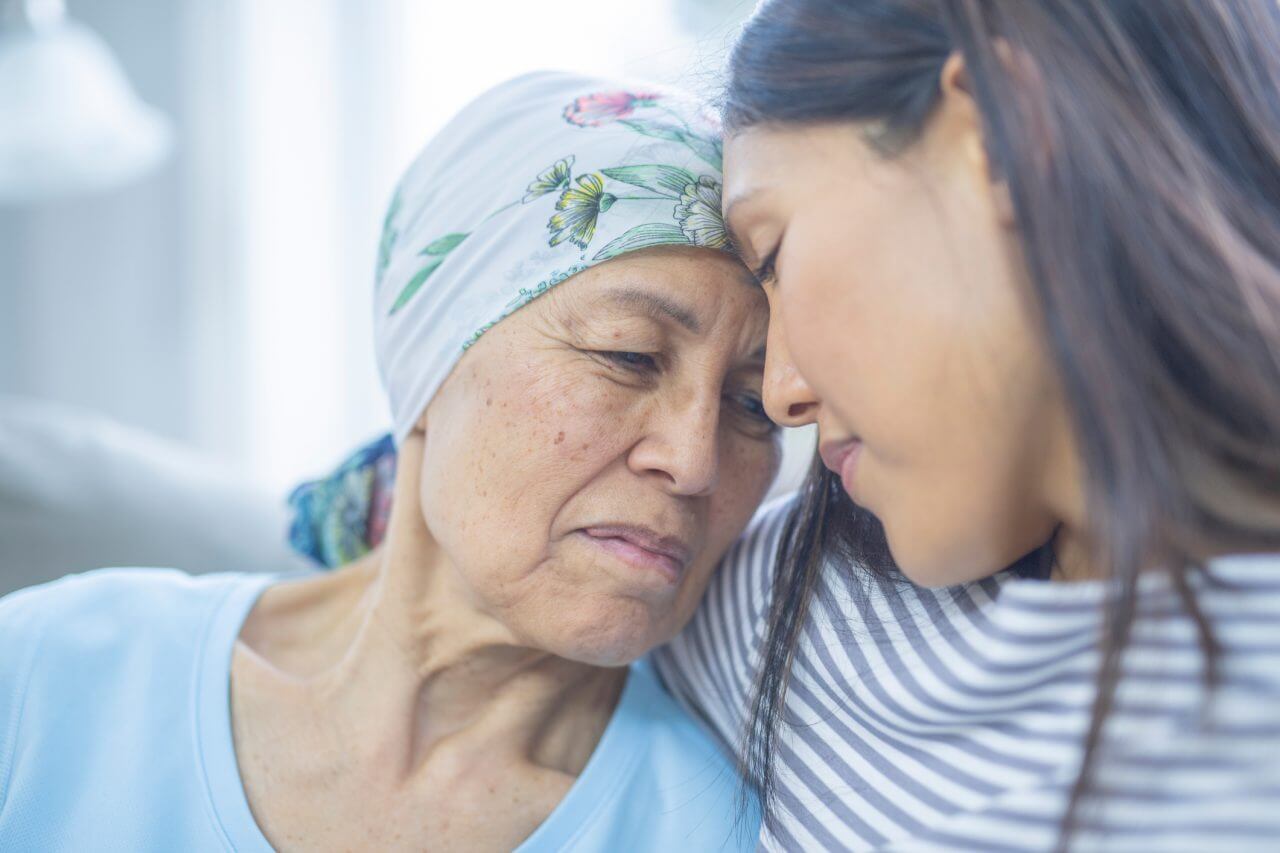Cancer and Mental Health

Nobody wants to hear that they’ve been diagnosed with cancer. Receiving that shocking news can bring up a wide range of emotions, from intense worry to overwhelming sadness. Consequently, there’s a clear link between cancer and mental health issues like anxiety and depression.
Importance of Mental Health for Cancer Patients
It’s natural to be upset about facing cancer. However, regarding mental health and a cancer diagnosis, it’s important to understand that being so anxious or depressed that those feelings interfere with your daily life isn’t healthy. When your emotions start to have a negative impact on your quality of life, that’s a concern you should discuss with your doctor since cancer patient mental health issues can be successfully treated.
How Does Cancer Affect Your Mental Health?
If you or a loved one are facing the disease, it’s helpful to understand cancer effects on mental health. One of the most common conditions that cancer patients experience is depression. There are many factors that can contribute to developing the condition, including your concerns about the future and changes in your body caused by the disease or your treatment.
Symptoms of clinical depression include:
● Persistent feelings of sadness or hopelessness
● Decreased interest in favorite activities
● Irritability
● Changes in appetite or significant weight loss or gain
● Sleeping too little or too much
● Suicidal thoughts or actions, or frequent thoughts of death
These symptoms shouldn’t be dismissed as “something everyone with cancer goes through.” They can be treated so that you can face your cancer journey with a more positive attitude and greater focus and energy.
Mental Health Support for Cancer Patients & Survivors
Cancer mental health support is often an important component of a person’s treatment plan. In fact, according to the National Institutes of Health, the rate of depression in cancer patients is believed to be as much as three times higher than in the general population. Consequently, you should talk with your care team if you experience symptoms of depression or other mental illness. They can help you find resources and treatments that include:
● Relaxation techniques
● Talk therapy
● Medication
● Support groups
● Guidance on lifestyle factors like diet, exercise and sleep
If you’re the loved one of a cancer patient who’s exhibiting signs of a mental health condition, it’s important that you talk with them about it, recommend that they seek treatment and provide whatever assistance you can as they address the issue. Family members and friends can play a vital role in mental health support for cancer patients. Cancer survivor mental health support is crucial as well.
Learn More About Cancer & Mental Health from Baptist Health
Keep learning about the relationship between cancer and mental health with Baptist Health’s blog. If you’re looking for treatment or more information about your cancer care, please contact an oncology provider with Baptist Health today.



